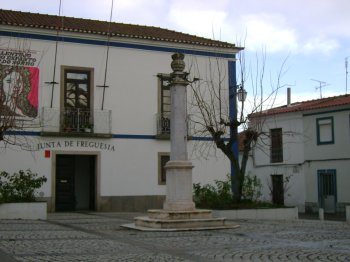Explore the best places
Discover new places in Mora
Torre das Águias
- heritage
Outeiro do Peso
7490, Mora
It is a rural, fortified manor, with a square plan, crowned with cut merlons, from the reign of King Manuel. The main facade is arranged in three registers, the first marked by the portico and the others by the openings of two rectangular windows. Internally, the ground floor develops into a large hall, covered with a vault with three sections of ribbed warheads; the first floor is occupied by the main hall, covered by a vault with ribbed warheads and adjoining divisions and the following floors are covered by vaults with a lowered dome.
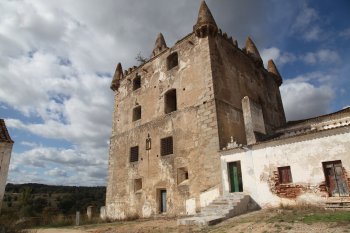
Casa Museu Manuel Ribeiro de Pavia
- heritage
Largo dos Combatentes da Grande Guerra, 11
7490-422, Mora
Manuel Ribeiro de Paiva was born in Pavia in 1910 and was a neorealist draftsman, watercolorist and illustrator. His illustrations can be seen in books by writers, such as Alves Redol. The themes of his works refer, above all, to the Alentejo and the peasants. He died in 1957. This space has been operating in his honor since 1984 and preserves around twenty paintings, original drawings, some reproductions and several illustrated books.
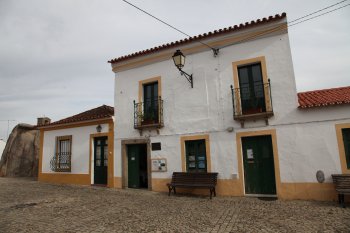
Anta de Pavia / Capela de São Dinis
- heritage
Rua São Diniz
7490, Mora
Funerary monument in granite and masonry, used as a chapel. On the front main altar you can see 18th century and baroque tiles. It is one of the largest in the Iberian Peninsula.
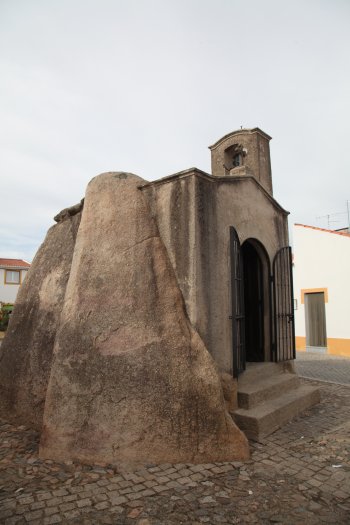
Parque Ecológico do Gameiro
- country
- leisure
Parque Ecológico do Gameiro
7490, Mora
Space located next to Açude do Gameiro, in Ribeira da Raia. This park is one of the most important points of interest in this region, given the diversity of attractions and infrastructure it has, including the campsite, playground, picnic area, bar, playground, river beach and nautical club.
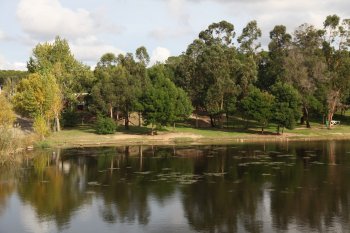
Fluviário de Mora
- leisure
Parque Ecológico do Gameiro
7490-909, Mora
Opened on the symbolic day of March 21st (2007), the Fluviário de Mora became the first large freshwater aquarium in Europe. Its construction was carefully designed to perfectly suit all species. The recreational and scientific components stand out, as all points along the river have accessible information about the different natural habitats, Alentejo and other international fauna and flora species (Amazon basin, large African lakes). See all the species up close and fully satisfy your curiosity. Take a look at the temporary exhibitions and bring back a souvenir from the store.
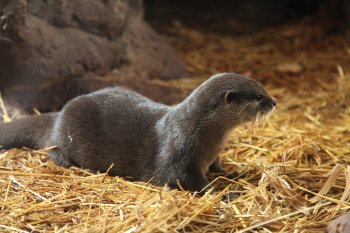
Igreja Matriz de Pavia / Igreja de São Paulo
- heritage
Largo da Igreja
7490, Pavia
Mudéjar-Manueline construction, from the beginning of the 16th century. Protected by seven small cylindrical towers, it is crowned with Muslim-style battlements. The facade is from the 18th century, with a triangular pediment, a tower with a square plan and a portico with squared jambs and lintels on the main facade. The interior has three naves with a ribbed vault. The altarpiece features four oil painting panels from the second half of the 16th century.
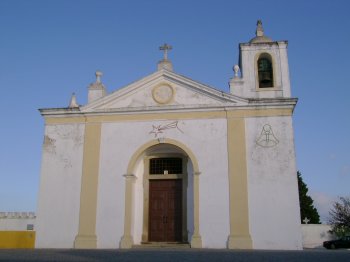
O Solar da Vila
- food & drink
Rua da Esperança, 25
7490-072, Cabeção
Simple restaurant, decorated with a panel of tiles on the wall, flanked by Windows, in addition to some pottery of the region that make the room brighter and more enjoyable. The specialty is the boar stew, but there are other suggestions also recommended.
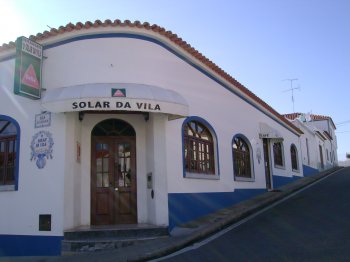
Parque de Campismo do Gameiro
- hotels
Cabeção
7490-061, Mora
The campsite of Gameiro ecological park, located in Mora, on the banks of ribeira da Raia, offers possibilities for accommodation for all tastes. Here you will have space for sports and leisure activities, always with calm and tranquility necessary, in contact with nature.
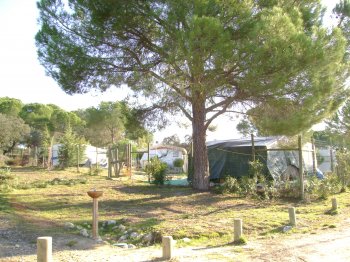
Igreja e Hospital da Misericórdia do Cabeção
- heritage
Rua Alexandre Herculano
7490-061, Cabeção
This church was a hospital of mercy and currently, its ground floor serves as a daycare. The murals contained on the walls of the nave of the church dating from the 16th century. As it was affected by the earthquake of 1755 was repaired.
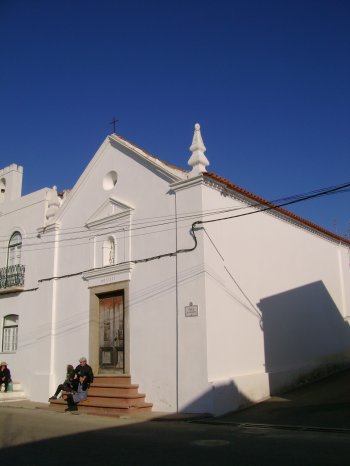
Pelourinho do Cabeção
- heritage
Praça do Município
7490-061, Cabeção
This sixteen hundreds pillory is placed in front of the City hall and it has three steps settled in a square base built in white marble. It has Neo – Manueline zoomorphic elements. It was demolished during the 19th century and rebuilt in 1960.
